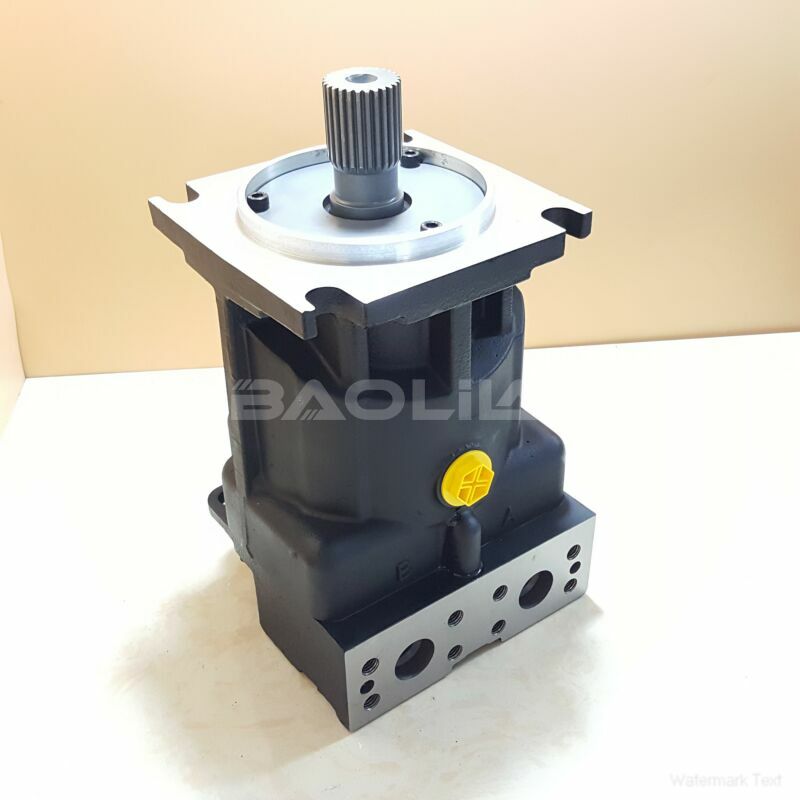90M075NC0N8N0C6W00NNN0000A0 piston motor
90M075NC0N8N0C6W00NNN0000A0 piston motor

- Product Details
- Applicable Scene
High voltage motors are critical components in various industrial applications, powering everything from pumps and compressors to conveyors and crushers. Given their importance, ensuring that these motors operate efficiently and reliably is paramount. One of the most effective ways to achieve this is through routine performance testing. This article outlines the key benefits of conducting regular performance tests on high voltage motors.
90-M-075-NC-0-N-8-N-0-C6-W-00-NNN-00-00-A0
90M075NC0N8N0C6W00NNN0000A0
Firstly, routine performance testing aids in early detection of potential issues. High voltage motors are subjected to numerous stresses including electrical, thermal, and mechanical loads. Over time, components may wear out or degrade, leading to reduced efficiency and potential failure. By regularly analyzing performance metrics such as vibration, temperature, and electrical readings, operators can identify abnormalities early on, allowing for proactive maintenance and minimizing unplanned downtime.

513000
Secondly, performance testing can enhance operational efficiency. Monitoring key performance indicators enables organizations to assess the efficiency of their motors accurately. If a motor is found to be underperforming, adjustments can be made, such as optimizing load conditions or fine-tuning operating procedures. This not only increases the motor’s operational efficiency but also contributes to energy savings, which is especially important in today’s environment where energy costs are a significant concern.
Additionally, routine performance testing extends the lifespan of high voltage motors. Regular assessments allow for timely maintenance actions, such as lubrication, alignment adjustments, and parts replacements. By addressing issues before they escalate into major problems, organizations can significantly prolong the operational life of their motors, ultimately reducing replacement costs and minimizing disruption to production processes.
Moreover, performance testing provides valuable documentation that can support compliance with industry standards and regulations. Many industries are governed by strict safety and environmental regulations that require maintenance records and performance assessments. Routine testing can help organizations demonstrate compliance, reduce liabilities, and maintain certifications, which is critical for operational integrity and reputation.





